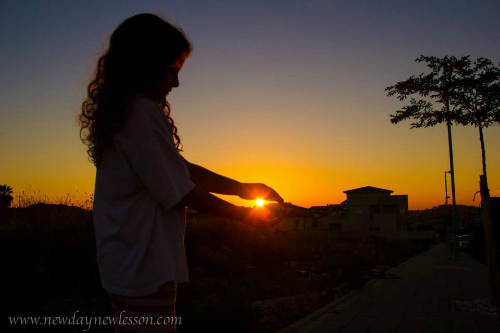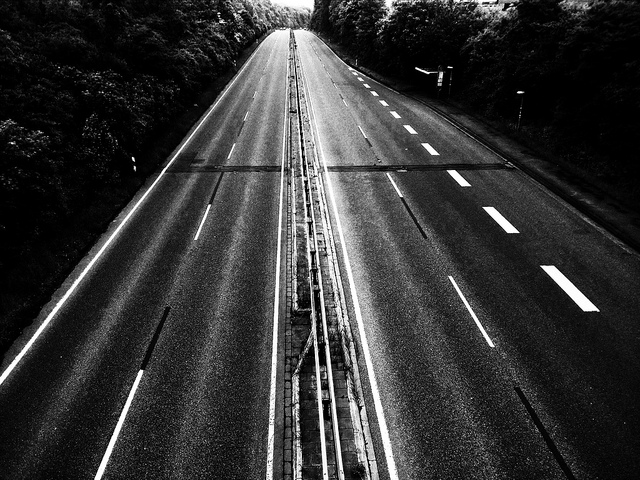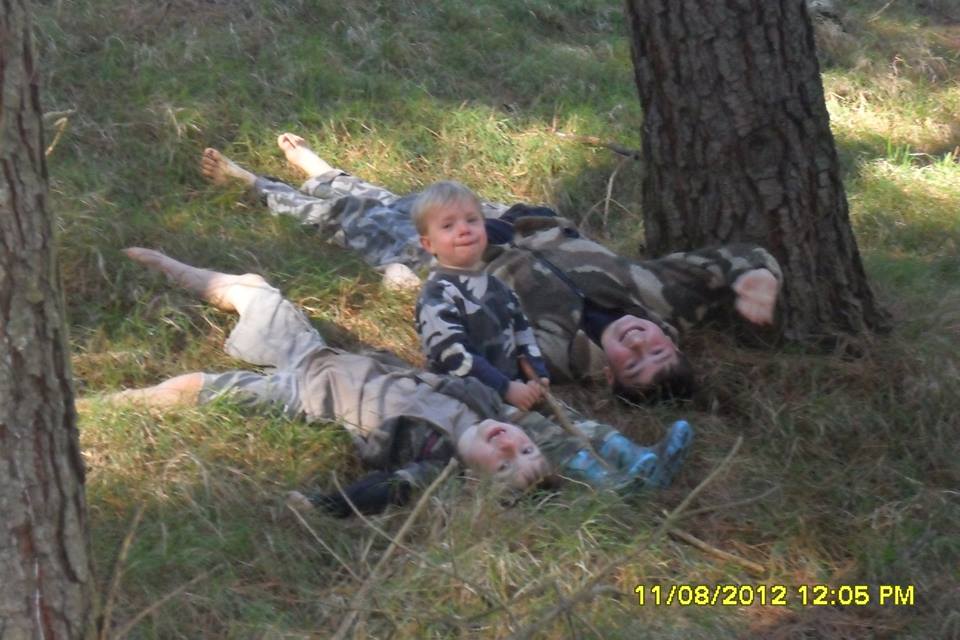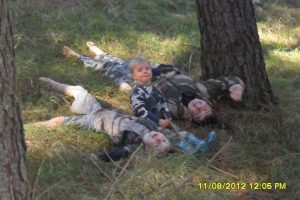
by Meredith (USA) | Aug 22, 2014 | 2014, Awareness, Being Thankful, Communication, Family, Kids, Life Lesson, Motherhood, Parenting, USA, World Motherhood, Younger Children
 We have heard the word “gratitude” many times in our daily language. Some people have devoted blogs to it and others have a gratitude journal which they may write in daily. But how often do we actually take the time to really think about what gratitude means? How often do our own children understand the concept of gratitude? According to Dictionary.com, Gratitude is “the quality or feeling of being thankful or grateful”. (more…)
We have heard the word “gratitude” many times in our daily language. Some people have devoted blogs to it and others have a gratitude journal which they may write in daily. But how often do we actually take the time to really think about what gratitude means? How often do our own children understand the concept of gratitude? According to Dictionary.com, Gratitude is “the quality or feeling of being thankful or grateful”. (more…)
Meredith finds it difficult to tell anyone where she is from exactly! She grew up in several states, but mainly Illinois. She has a Bachelor of Science degree in Elementary Education from the University of Illinois at Champaign/Urbana which is also where she met her husband. She taught kindergarten for seven years before she adopted her son from Guatemala and then gave birth to her daughter two years leter. She moved to Lagos, Nigeria with her husband and two children in July 2009 for her husband's work. She and her family moved back to the U.S.this summer(August 2012) and are adjusting to life back in the U.S. You can read more about her life in Lagos and her adjustment to being back on her blog: We Found Happiness.
More Posts

by Martine de Luna (Philippines) | Aug 21, 2014 | 2014, Being Thankful, Domesticity, Life Lesson, Motherhood, Parenting, Philippines, Pregnancy, World Motherhood
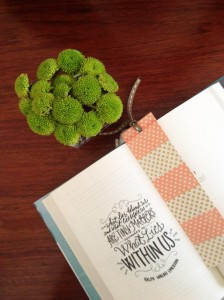 Hello, world moms everywhere!
Hello, world moms everywhere!
Wow, it’s been quite a blogcation, hasn’t it? In other parts of the world, it’s been a long and lazy summer, but for us here in the Philippines, it’s been a wet, sometimes troublesome monsoon season. Earlier in July, one of the worst typhoons hit the city of Manila (where I live), Typhoon Rammasun (called “Typhoon Glenda” by Filipinos). Several of my friends were affected; some even lost parts of their home, roofs, belongings. Others had no electricity for days, some as long as a week.
Yes, it was a difficult July for all of us here in my country. But thankfully, somehow we are alright. If you look around Manila now, there are still signs of damage. However, you will also see the smiles of our people, redolent with possibilities. Despite a harrowing monsoon season, our nation chugs on. Not without inconveniences, of course, but we manage.
I don’t know, but it’s a Filipino trait, I think. I guess our people are so used to hardships and difficulties, sometimes we just wait for them to blow over and just press forward. Of course, this is no excuse for our local government units, those responsible for the effective drainage of the annual heavy rainwaters, and the management of the city’s emergency facilities and evacuation centers. There is much to grumble about. Our government has been “awarded” as number one of the ten most corrupt countries in Asia — obviously something I’m not happy about. 30 million of our people live below the poverty line, meaning about 40 percent of our population has no adequate food rations, shelter, or access to public education.
I could go on about how much must has to change in my country. But I won’t. We have the news and social media for that.
I suppose it is because I am pregnant with my second child. As of this post for World Moms Blog, I am 16 and a half weeks along the way. I had a rocky first trimester, and am just settling into the apparent comforts of the second trimester. I am hoping and praying for a peaceful one! I’ll definitely need it so that I can work and continue to contribute to our family income.
Because I’m expecting, I can’t help but sometimes worry at how different my world is now, compared to when we had Baby #1 (who is now four years old, can you believe?). Things are definitely more challenging now: I’m older, as is my body (biological clock concerns); I seem to be busier now with work, compared to my first pregnancy (because I work from home now); financially, things are more of a concern now, with no healthcare provided for freelancers like me (Dear God, please provide). What concerns me the most is my eldest: Will I be able to show him how to be a good brother? How will we afford two kids? How, how, how?
So right now, I’m trying to see things with more positivity. But it doesn’t stop there. I want to see through to the heart of my apparent setbacks and see what I can make of them. You know what I mean? I want to — as Max Lucado says — probe and explore a problem, and eventually use it.
It’s the same with my outlook on my country. I could nitpick and worry over our national problems, or I could probe, explore and use those problems towards solutions. Every little bit of potential counts!
I want it to be the same with my pregnancy. I have resolved to look my problems in the face and challenge them head on. It’ll be harder because of my condition, but my gumption doesn’t want to fail me! I’m hoping that as I work, homeschool, rest, pray, read, keep my home, et al., that I will be able to create possibilities.
I have to. It has to start with me. Don’t you agree?
How about you, moms? How do you deal with apparent setbacks, in your own world? What do you do to press forward?
This is an original post by Martine de Luna for World Moms Blog. Photo credit goes to the author. Please visit Martine’s blog at www.makeitblissful.com. You can also work with her, if you want to create blogs or websites for your business, just connect with her at www.martinedeluna.com
Martine is a work-at-home Mom and passionate blogger. A former expat kid, she has a soft spot for international efforts, like WMB. While she's not blogging, she's busy making words awesome for her clients, who avail of her marketing writing, website writing, and blog consulting services. Martine now resides in busy, sunny Manila, the Philippines, with her husband, Ton, and toddler son, Vito Sebastian. You can find her blogging at DaintyMom.com.
More Posts

 We have heard the word “gratitude” many times in our daily language. Some people have devoted blogs to it and others have a gratitude journal which they may write in daily. But how often do we actually take the time to really think about what gratitude means? How often do our own children understand the concept of gratitude? According to Dictionary.com, Gratitude is “the quality or feeling of being thankful or grateful”. (more…)
We have heard the word “gratitude” many times in our daily language. Some people have devoted blogs to it and others have a gratitude journal which they may write in daily. But how often do we actually take the time to really think about what gratitude means? How often do our own children understand the concept of gratitude? According to Dictionary.com, Gratitude is “the quality or feeling of being thankful or grateful”. (more…)

 Hello, world moms everywhere!
Hello, world moms everywhere!
